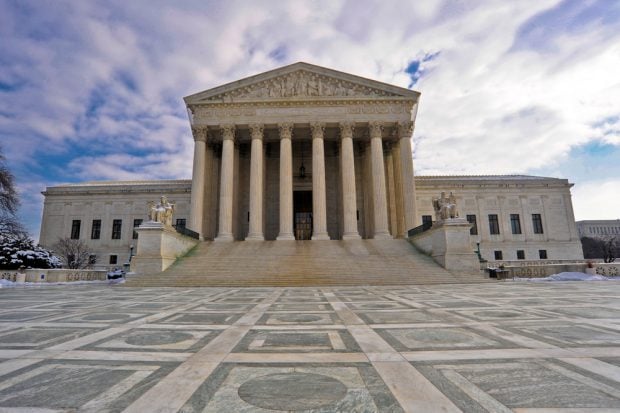WASHINGTON — Although most credit unions didn't make the loans that helped trigger the housing crisis, they are trying to get access to some of the federal money being used to solve it.<p>NCUA Chairman Michael E. Fryzel and lobbyists for CUNA and NAFCU worked to include credit unions in the $700 billion illiquid asset purchase program that was working its way through Congress at press time.</p><p>Credit unions were mentioned in the versions being discussed on Wednesday.</p><p>NCUA has not estimated how much in the way of illiquid assets credit unions currently hold.</p><p>"While the NCUA has pursued aggressive regulatory and supervisory controls, and credit unions generally avoided the weak underwriting practices which contributed to the subprime crisis, the credit union industry is not immune from the effects of the prevalence of illiquid mortgage-related assets in the system. Those with concentrations of mortgage-related securities are finding it increasingly difficult to meet their members' liquidity needs," Fryzel wrote congressional leaders in urging that credit unions be included in the plan.</p><p>On Wednesday, Treasury Secretary Henry Paulson told the House Financial Services Committee that the government "would use market mechanisms available to small banks, credit unions, and thrifts across the country–not just big banks."</p><p>"We are gratified at Secretary Paulson's comments regarding credit unions. As we have noted, no one is immune from the current crisis and credit unions must receive parity with banks and thrifts for contingency purposes," said NAFCU President/CEO Fred Becker.</p><p>CUNA Senior Vice President/Chief Economist Bill Hampel said that credit unions were "collateral damage" in some parts of the country. The plan could "put the floor to their market higher than it otherwise could be," he said in a conference call with reporters.</p><p>CUNA and NAFCU were also working to ensure that the measure did not include a provision allowing bankruptcy courts to reduce homeowners' </p><p>mortgage debt. Several Democrats were circulating proposals to include such a provision.</p><p>Paulson agreed with the trade associations' position and told lawmakers "we oppose it on policy grounds" because it would take capital out of the system.</p><p>CUNA is asking lawmakers to consider reviewing how the Financial Accounting Standards Board's rules have contributed to the financial crisis.</p><p>CUNA Senior Vice President/Deputy General Counsel Mary Dunn said the fair value accounting rules cause prices to be set artificially low for assets that would have higher values under normal conditions.</p><p>–[email protected]</p>
Complete your profile to continue reading and get FREE access to CUTimes.com, part of your ALM digital membership.
Your access to unlimited CUTimes.com content isn’t changing.
Once you are an ALM digital member, you’ll receive:
- Critical CUTimes.com information including comprehensive product and service provider listings via the Marketplace Directory, CU Careers, resources from industry leaders, webcasts, and breaking news, analysis and more with our informative Newsletters.
- Exclusive discounts on ALM and CU Times events.
- Access to other award-winning ALM websites including Law.com and GlobeSt.com.
Already have an account? Sign In
© 2024 ALM Global, LLC, All Rights Reserved. Request academic re-use from www.copyright.com. All other uses, submit a request to [email protected]. For more information visit Asset & Logo Licensing.









